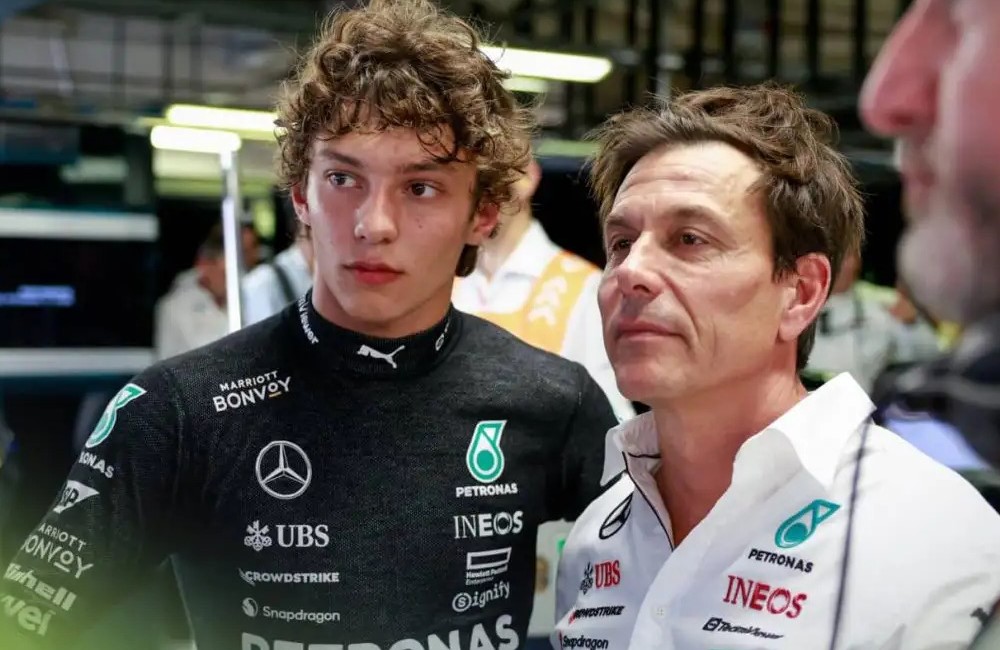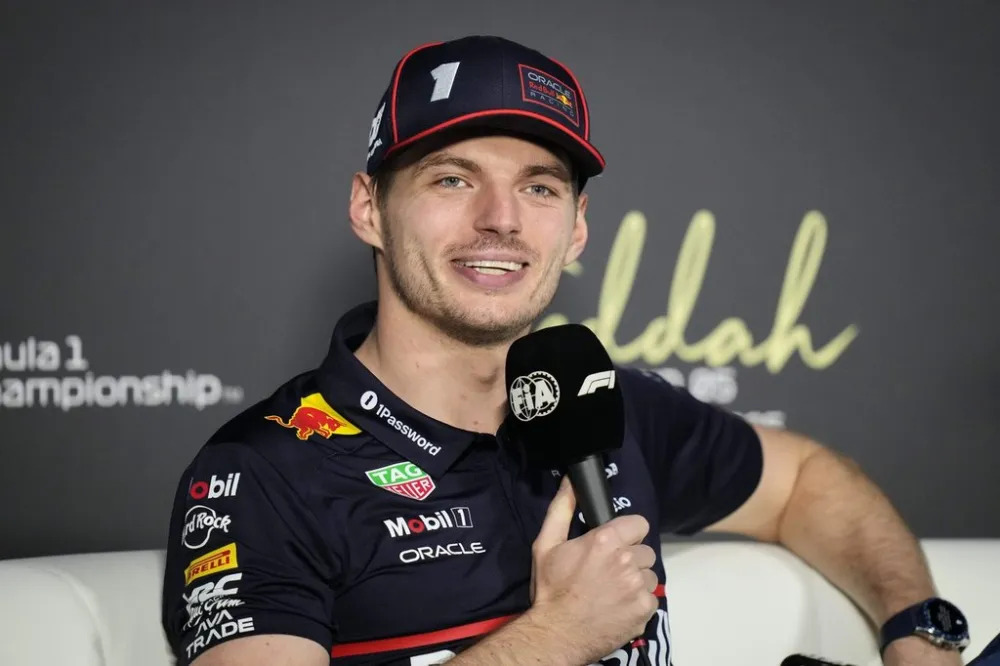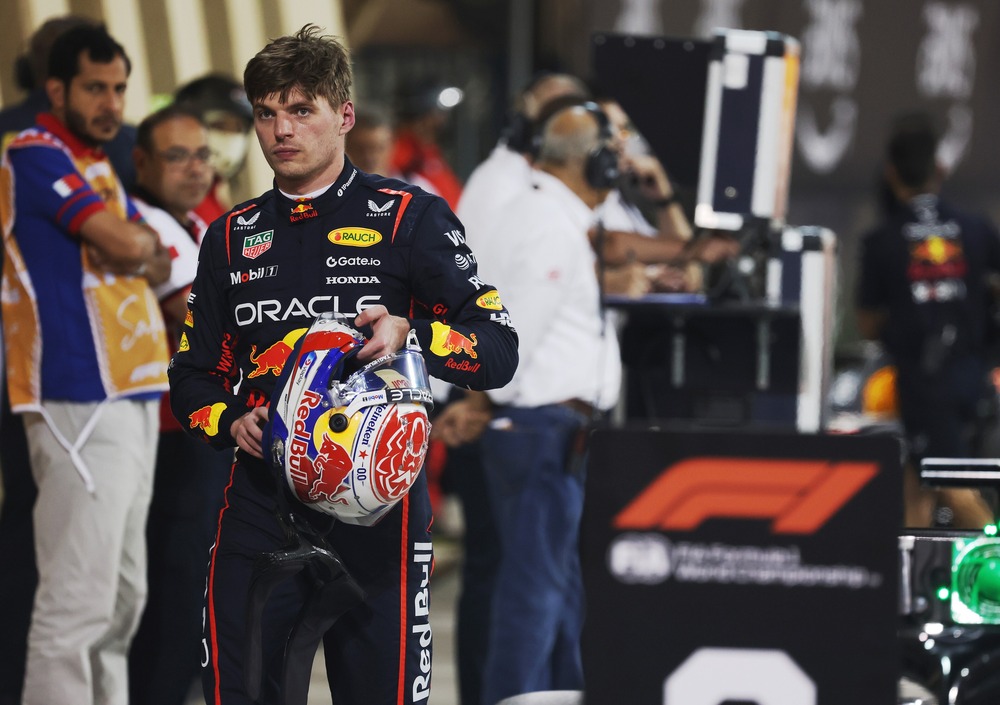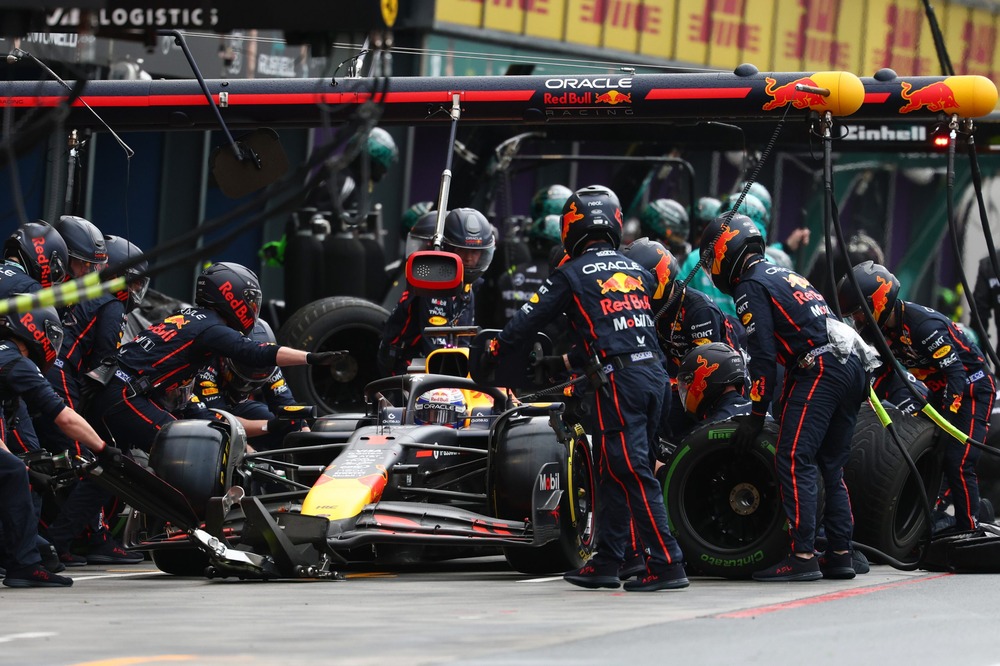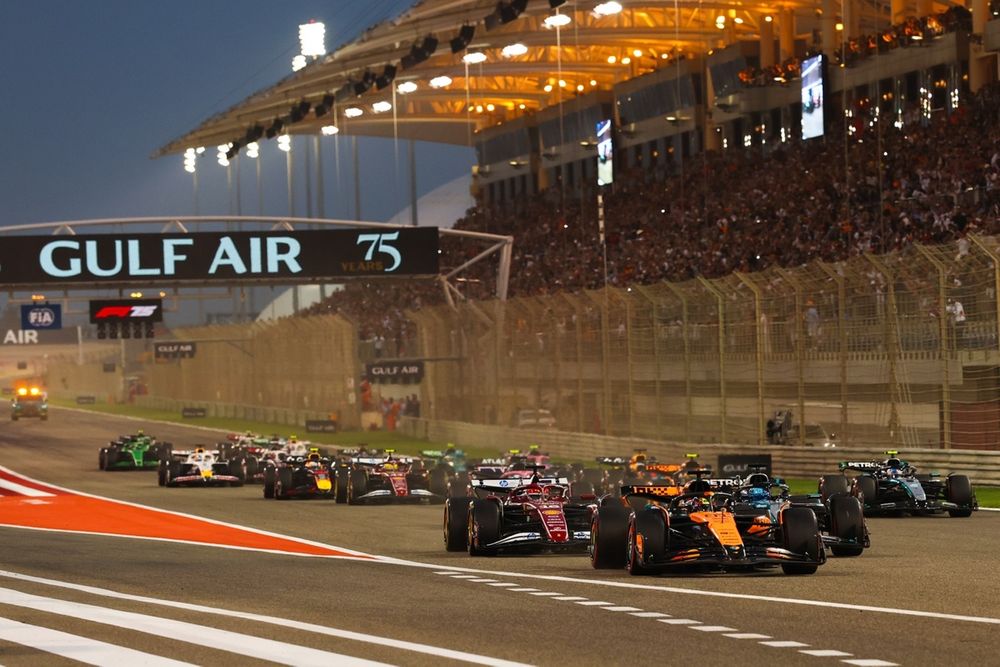Toto Wolff has acknowledged a huge miscalculation regarding Kimi Antonelli’s Mercedes debut which resulted to Monza FP1 crash.
The run which took place during the first practice session ended in an early crash that has since sparked considerable discussion within the motorsport community about the pressures faced by young drivers as they join F1.
Kimi Antonelli’s Mercedes debut came after he was given the opportunity to drive George Russell’s W15 car in Monza FP1 as part of his preparation for a full-time seat with the team in 2025, where he is set to replace the legendary Lewis Hamilton.
During the session, Antonelli demonstrated remarkable speed initially but quickly lost control of the car at Parabolica, resulting in a crash that registered an impact of 45g.
The aftermath left Russell’s car looking like what Wolff described as a “Lego box,” underscoring the severity of the incident. Fortunately, Antonelli emerged unscathed but was taken to the medical center for precautionary checks due to the force of the crash.
The decision to offer the 18-year-old Italian prodigy a run, however, has been scrutinized by Toto Wolff, who admitted that it may not have been the best choice given the circumstances surrounding the first outing.
In his reflections on the incident, the Silver Arrows team boss stated that while he did not consider it a mistake per se, he recognized that they had underestimated the psychological pressures Antonelli would face in his home country.
“I wouldn’t say it was a mistake, but I think we weren’t completely right in assessing the pressures that he could find himself under,” Wolff told Motorsport.com.
“Why that is, is that we talked about it, and how to approach the Monza FP1 session. He has been brilliant in testing. He has never put a single foot wrong in the many thousands of kilometres that he’s done.
“But it’s a different ball game if you’re an Italian driver, you’re 18 years old in Monza and it’s your first opportunity.
“Maybe if we had considered that as a risk factor against the set of data we had from him, probably it would have been wise to give him an FP1 that would have been in a totally different time zone than Italy. But he will learn a lot from that.”
However, Wolff was more concerned over Antonelli’s emotional state than the damage to the car. He admitted that such incidents could be detrimental to a young driver’s morale.
“I thought it’s not good for him, because I thought it’s a shame for him,” he added. “He was so quick, and that was his first session in Italy, about to be announced as a driver, which everybody pre-empted.
“I like his approach. He’s fast on the first lap out of the pits, and that is what he’s demonstrated.
“Obviously, I would have enjoyed him being on the leaderboard high up and that was taken away because the car flew – and some of those speeds were only achieved much later during the weekend.
“Obviously he was too fast for the condition of the track and for the car at that stage, so it was balancing the ambition, the motivation and the skill versus also the experience that FP1 is FP1.
“I knew that that was going to hurt him, that was going to hurt him emotionally.”
Despite the Monza FP1 crash, Wolff remains committed to nurturing Antonelli’s talent and ensuring he develops within the Mercedes framework.
“I think that the F1 team that you join as a young driver is fundamental for your performance and for your development,” he said. “That’s why we decided also to bring him straight into Mercedes, so he would be less polluted with another, different modus operandi.
“I’m not saying it’s worse or better but I think we want to have it the Mercedes way with him, which means also investing in this kind of mistakes that happen.
“So certainly we know of the responsibility that we have for his development and also for his results.
“We need to give him the time to develop. We don’t expect, touching down in Australia [next year], and him blasting everyone. That’s not the expectation.
“I think it shouldn’t be anybody’s expectations. Give him time to develop, and then he can become very good. But he needs to be given the time.”
The broader implications of Kimi Antonelli’s Mercedes debut crash extend beyond just Antonelli; they serve as a reminder of how critical it is for teams to support young drivers through their formative experiences in F1.
The pressure cooker environment of the sport can be unforgiving, especially for those stepping into such high-stakes situations without extensive experience.

